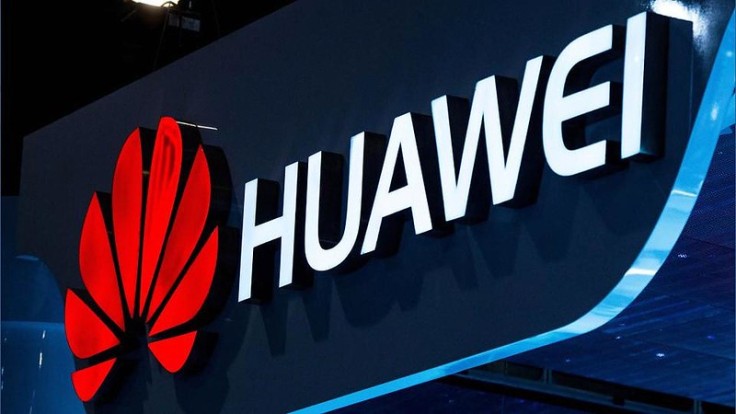
The Global Technology market is about to undergo significant changes as a result of the United States' recent ruling to withdraw some of the export licenses, most especially those that help China's Huawei Technologies sell chipset components. With the efforts by Washington to deny Huawei access to cutting-edge technology, the Commerce Department has recently announced its action in the midst of growing tension between the United States and China.
Revocation of Licenses
The licenses being revoked effectively stopped U.S. businesses like Qualcomm and Intel from providing Huawei with chips for use in its laptops and smartphones. The Commerce Department did not say which licenses were canceled, but it is anticipated that this move will affect supply chains and chip sales, which will affect Huawei as well as its suppliers.
A few businesses were notified on Tuesday that their licenses will be immediately revoked, indicating that the new limitations would be put into effect quickly. With Huawei in the focus of national security worries, this step demonstrates the U.S. government's resolve to enforcing tougher controls on exports.
Political and Economic Implications
China and the United States will be significantly impacted politically and economically by the decision to limit chip supplies to Huawei.
Politically speaking, the action demonstrates the Biden administration's readiness to confront Chinese technology corporations more forcefully, supporting efforts in Congress by both parties to fight perceived dangers to national security.
All the consequences of canceling the export permits may include disrupting Huawei's supply chain and the source to make products. As a major Chinese tech firm with a high-profile reputation, Huawei has significantly made the country's breakthroughs in technological advancements and brought its international recognition to a new high level. In addition to these limitations, China's competitiveness would be severely affected, and the harmful consequences would include the inefficient development of China's economic undertakings.
Stakeholder reactions to the Commerce Department's decision have been mixed, with Huawei, American businesses, and legislators among them. American chip-developing companies like Intel and Qualcomm have declined to give their insights or have not replied to some of the requests for comment, while Huawei also has not yet provided a formal response to the license revocation.
On the other hand, the Congress gave their praise on the decision, looking at it as an essential step in preserving national security and restraining China's technical achievements. Congresswoman Elise Stefanik, a known Republican, gave her praises on the action and emphasized how important it is to protect the American creation and curtail China's technological hegemony.
Concerns over the potential effect of the limits on chip sales have been voiced by industry professionals. Supply chain disruptions have the potential to impact not only Huawei but also other companies that depend on chip imports by causing shortages and pricing variations in the global semiconductor market.
The State of Technology Worldwide
The cancellation of export permits highlights the larger geopolitical conflicts influencing the global technology scene. Trade and export limitations continue to change the dynamics of industry and have an impact on international relations as the United States and China vie for technical superiority.
The decision of the Commerce Department will constantly have a huge impact on Huawei, American chipmakers, and also the global technology market as a whole as time pass by. The future configurationof the global trade and innovation is going to be determined by the interaction of political, economic, and technological aspects.
Related Article : Huawei Shifts Away From Android: Next Version Of Harmony OS Unveiled
© Copyright 2025 Mobile & Apps, All rights reserved. Do not reproduce without permission.

















